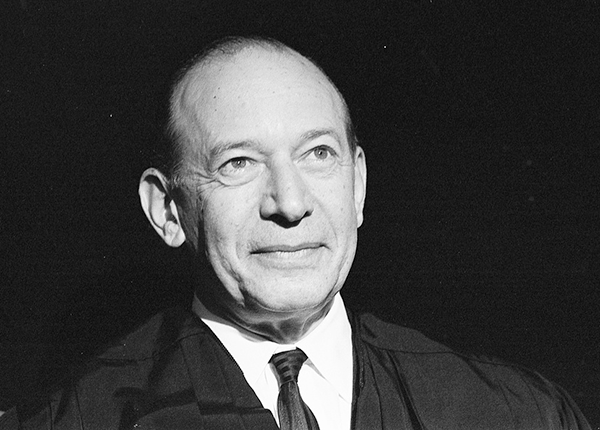Summary
Tinker v. Des Moines Independent School District is a landmark case addressing the free speech rights of public school students. In Tinker, a group of high school students wore black armbands to school to protest the Vietnam War. The students were disciplined by the school for wearing the armbands, and the students filed a lawsuit arguing that their armbands were a form of symbolic protest protected by the First Amendment. In a seven-to-two decision, the Supreme Court agreed with the students. In his opinion for the Court majority, Justice Abe Fortas held that the students retained their First Amendment rights while at school as long as their expressive acts did not “materially or substantially interfere” with the school’s operation. In Tinker, there was no actual interference. The school only feared potential disruption. This was not enough to survive a First Amendment challenge. While Tinker was an important defense of free speech rights for students, it also emphasized the limits of free speech rights in the school context—namely, schools may limit student speech when it “materially or substantially interfere[s]” with a school’s operations and its central mission, teaching students.






